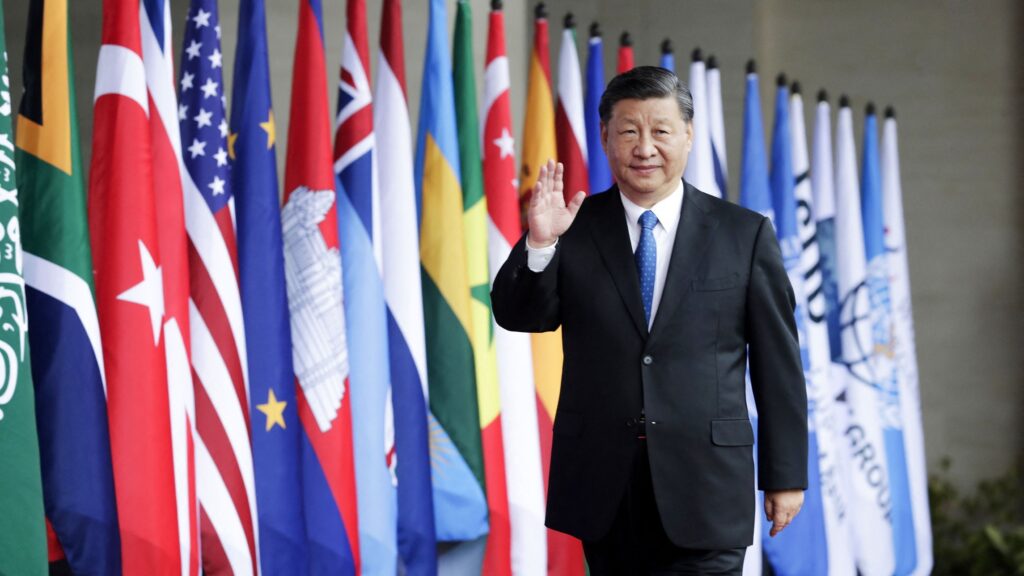
Chinese President Xi Jinping will skip the G20 summit in India this weekend. This is the first time he will not attend the annual gathering since taking power in 2012. However, his absence from this year’s summit is a sign of the changing dynamics in the global economy and the growing importance of Asia.

Chinese President Xi Jinping’s decision to skip the G20 summit in India carries significant geopolitical and diplomatic implications. Xi Jinping has attended the G20 summit every year since he came to power in 2012. His absence at this year’s summit marks a significant departure from this tradition, signaling a shift in China’s diplomatic approach.
One of the primary factors speculated for Xi’s absence is the ongoing border dispute between China and India. The Ladakh clash in 2020 resulted in casualties on both sides, and tensions remain high. Xi’s non-participation could be seen as a deliberate diplomatic message, indicating China’s displeasure or unwillingness to engage in discussions with India on this issue at this time.
The COVID-19 pandemic has impacted international travel and diplomatic engagements. China has been stringent in implementing measures to contain the virus. Xi’s decision to avoid traveling to India may reflect concerns about his health and safety, as well as a desire to set an example of adhering to pandemic precautions.

Affect On India
Xi’s absence is a diplomatic snub to India, the host nation of the G20 summit. This could strain bilateral relations further and might be perceived as a lack of respect or willingness to engage with India on global economic and political issues.
The absence of China’s leader at the G20 summit underscores the shifting dynamics in the global economy. China is a major economic player, and its participation in such forums is critical. Xi’s decision may indicate a growing focus on regional and bilateral engagements rather than multilateral forums like the G20.
The G20 is a crucial platform for coordinating global economic policies and addressing global challenges. Xi’s absence could hinder progress on critical issues, such as climate change, trade, and economic recovery from the pandemic. It may also lead to a perception of China’s disengagement from global governance.

Xi’s absence raises questions about China’s future engagement in international diplomacy. It remains to be seen whether this is a one-time event or a trend that could continue in subsequent years. China’s approach to future G20 summits will be closely watched by other member states.
In summary, President Xi Jinping’s decision to skip the G20 summit in India carries multiple implications. It reflects the complexities in China-India relations, the impact of the ongoing pandemic, and shifting global dynamics. It also underscores the challenges of maintaining global cooperation and governance in an increasingly interconnected world.
